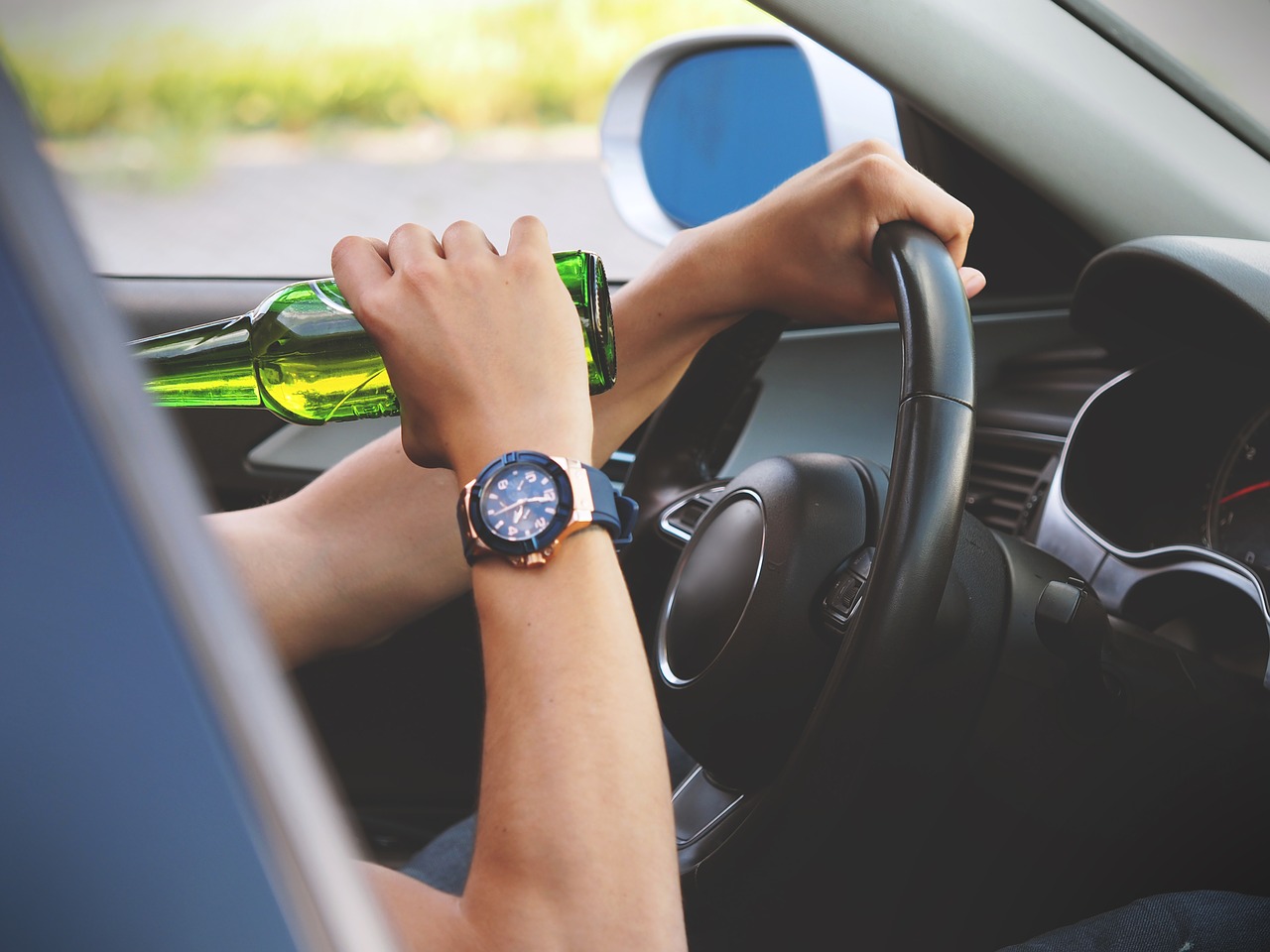Understanding the Difference Between a 24-Hour Alcohol Prohibition and a 24-Hour Drug Prohibition

Many people believe that a 24-hour drug prohibition and 24-hour alcohol prohibition are the same thing. They are actually very different, from the procedure to review and evidence. Both prohibitions are categorized under section 215 of the Motor Vehicle Act. However, section 215 (2) involves alcohol prohibition while section 215 (3) involves drug prohibition.
Specific Differences
A driver who receives a 24-hour alcohol prohibition under section 215 (2) is free to file an application to the RoadSafetyBC to have his offense reviewed by the judges. During the review, the driver can bring in new evidence to counter the allegations made against him. If he is not satisfied with the judges’ final ruling, he can request for further review of the case by the British Columbia Supreme Court. In short, there are three review stages involved in a 24-hour alcohol prohibition. The first stage involves the officer at the roadside while the second and the third stage involve RoadSafetyBC and the British Columbia Supreme Court respectively.
On the other hand, a driver who gets a 24-hour drug prohibition under section 215 (3) does not have several opportunities for appeal. Once the driver receives a notice of a 24-hour prohibition for drug use, he goes directly to the British Columbia Supreme Court for a review. This means he cannot appeal or produce additional evidence.
What the Differences Between 24-Hour Alcohol Prohibition and 24-Hour Drug Prohibition Mean
The differences mean that an officer must actually be able to distinguish between a 24-hour alcohol prohibition and a 24-hour drug use prohibition. Without this, the officer is not allowed to issue any prohibitions against the driver. In the case of a 24-hour alcohol prohibition, for example, the officer must conduct a breath test immediately after he stops the driver. For a 24-hour drug use, he must test a sample of the driver’s blood.
An officer is not allowed to issue a prohibition because he believes the driver was affected by alcohol or drugs. Rather, he should issue a prohibition after he determines which of the two sections of the Motor Vehicle Act applies and have reasonable grounds relevant to the applicable section of the act.
Hire a Lawyer
The possible consequences for a 24-hour prohibition for alcohol and 24-hour prohibition for drug use can be dire. Though these prohibitions are short, once listed on your driving record, they can prevent you from securing job positions and will affect your insurance premiums. This could cost you thousands of dollars or even render you jobless for a long period of time. These charges also announce to the world that you have a problem with alcohol and drugs. This is very unfair, especially if you are not an alcoholic or drug addict.
If you receive a 24-hour prohibition notice, call Julian van der Walle immediately to learn about your options and see if it is possible to get it expunged from your records. Make sure you get a lawyer like Julian with a lot of experience in handling cases like these. Call or chat with us today to learn more.
Photo credit: Pixabay.com
Related Stories
The King v. W.(A.) 2024
The client agreed to loan woman whom he had previously had sexual relations with a $100 loan to help her make rent for the month at her apartment in Penticton BC. The woman flirted with the client prior to his arrival at her apartment to give her the money by sending...
The King v. L.(K.) 2024
The client was pulled over by police after being observed weaving late at night on the highway near Kelowna BC. The officer smelled alcohol and had the client blow into a roadside device. The device registered a “fail” reading and the client was arrested and taken...
The King v. S.(M.) 2024
The client was driving down a residential street in Kelowna when she collided with a parked car. The police came to the scene and noted symptoms of impairment. They detained the client for impaired driving and made a breath demand on her. She ended up blowing well...
REQUEST A FREE CONSULTATION
Call 1.866.706.8857
Or fill out the form below to receive a free and confidential initial consultation.
